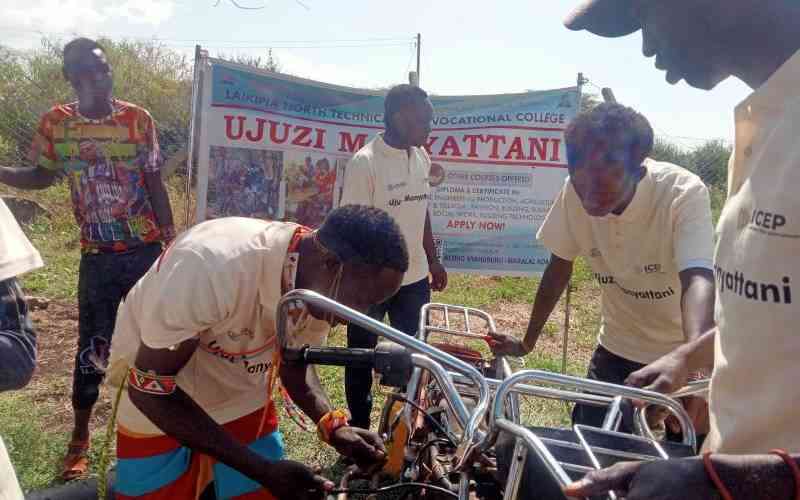×
The Standard e-Paper
Kenya’s Boldest Voice

Simon Leteipa did not find anything wrong with cattle rustling, which seemed an easy way of making ends meet.
After all, the majority of his peers were hooked to the practice which they considered an income-generating activity.